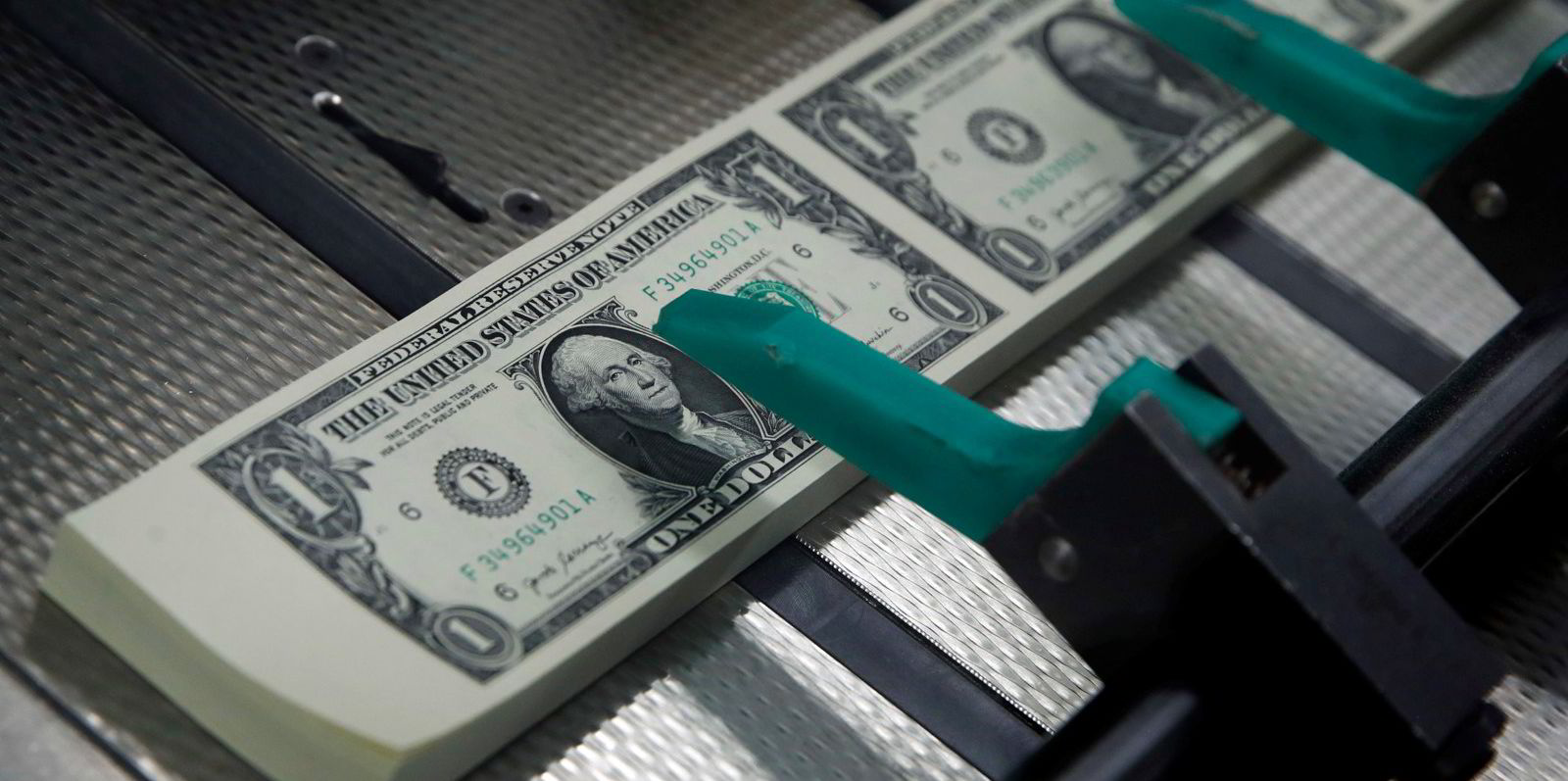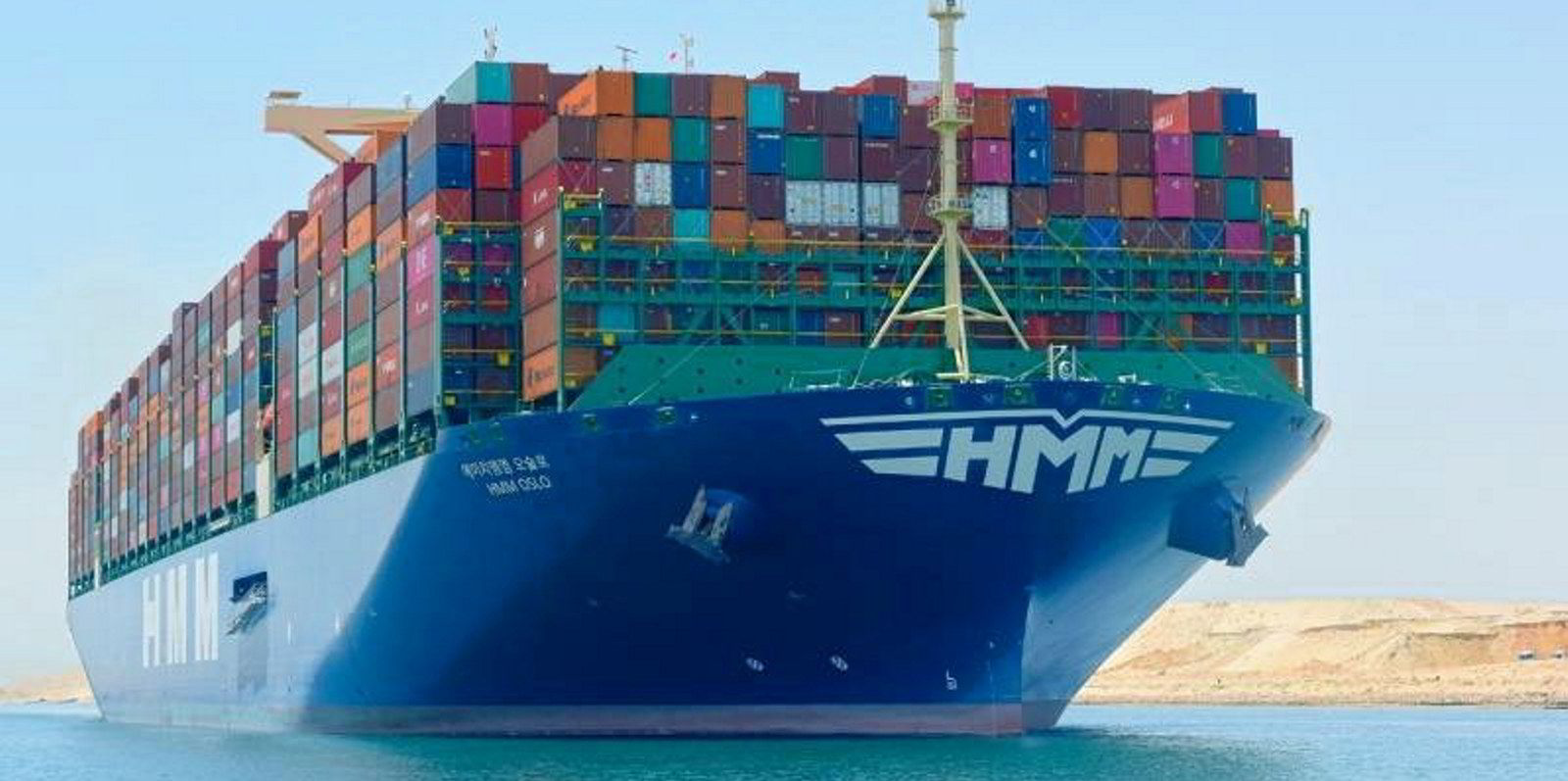Is it time for a windfall tax on container shipping? It’s not hard to see the arguments: that these companies have profited excessively — and largely from circumstances outside their control.
Soaring freight rates post-Covid lockdown and logistics disruption have brought cash clattering in to ship operators but conversely it has wounded the customers.
AP Moller-Maersk has said it expects 2022 to be another bumper year — meaning it is likely to have earned almost $50bn in Ebitda profits over 24 months.
Third-quarter profits at CMA CGM rose tenfold in 2021, while first-half profits last year at Cosco were 21 times higher than before.
Why not put some of this cash back towards those who have paid the bill — the shippers, or at least put it towards protecting the oceans or modernising landside infrastructure.
Even more topical put it into a “green fund” to help the wider maritime world with the energy transition to transfer the fleet to low carbon engines.
Windfall tax arguments are all the rage currently with the Spanish government drawing one up for power companies that have made a fortune out of soaring gas prices.
British ministers too are under pressure to slap a windfall tax on energy giants BP and Shell, which have reported rocketing profits at a time when domestic customers struggle with fuel poverty and higher gas and electricity bills.
There have been windfall taxes before in the UK. In 1997, then Labour Chancellor Gordon Brown imposed one on privatised utilities on the grounds they had unfairly benefited from being sold by the state too cheaply.
The money was earmarked for spending on a welfare-to-work scheme designed to help the young and long-term unemployed back into the workplace.
Sixteen years earlier in 1981, Conservative Chancellor Geoffrey Howe hadimposed a similar levy on banks that he said had made windfall profits out of high interest rates.
It is not hard to see why governments like this fundraising as it fills the public coffers while assuaging popular anger at allegedly greedy businesses.
There are problems of course. Although the payment is made by the company, the cost will be borne potentially by a mixture of shareholders, employees and even the customers as the business tries to compensate for the lost cash.
The particular shareholders who benefited from the outperformance may have already sold their holdings so would not get hit for the gains they made.
The money taken by government might have been targeted on — well, future green tonnage or just investment generally. Taken away, that could mean higher borrowing costs from external lenders in future, so raising the overheads.
Complex conundrum
With container companies it would be even more complex. Local energy companies or utilities are one thing, although even that is complicated — as BP says it largely makes its profits outside of Britain.
Which country could implement the legislation and legitimately claim to seize excess profits on a state-owned company or one based in the Cayman Islands?
Which shippers would be compensated if indeed the money was handed over to companies deemed to have suffered from excess freight rates.
It seems unlikely that the Danish government would want to penalise AP Moller-Maersk and hand the cash over to Chinese fridge manufacturers.
And if the container sector is to be targeted, does this mean there should have been a “tanker tax” after 2020 when freight rates went through the roof?
There is also the fact that it is not so long ago that a raft of liner companies went through a near-death experience due to overcapacity and a slump in freight rates. Of course Hanjin Shipping — the seventh largest container carrier in the world at the time — did in fact go spectacularly into bankruptcy in 2016.
Shipping is acknowledged to be a highly volatile industry but also one that is out of sight and out of mind, with few policymaker friends.
US and Australian anti-competition regulators are already at work scrutinising the sector to see whether the use of cargo sharing alliances have enabled liner companies to profiteer.
If Washington or Canberra went another step forward and decided to implement a windfall tax, who would be there to stand in their way?





